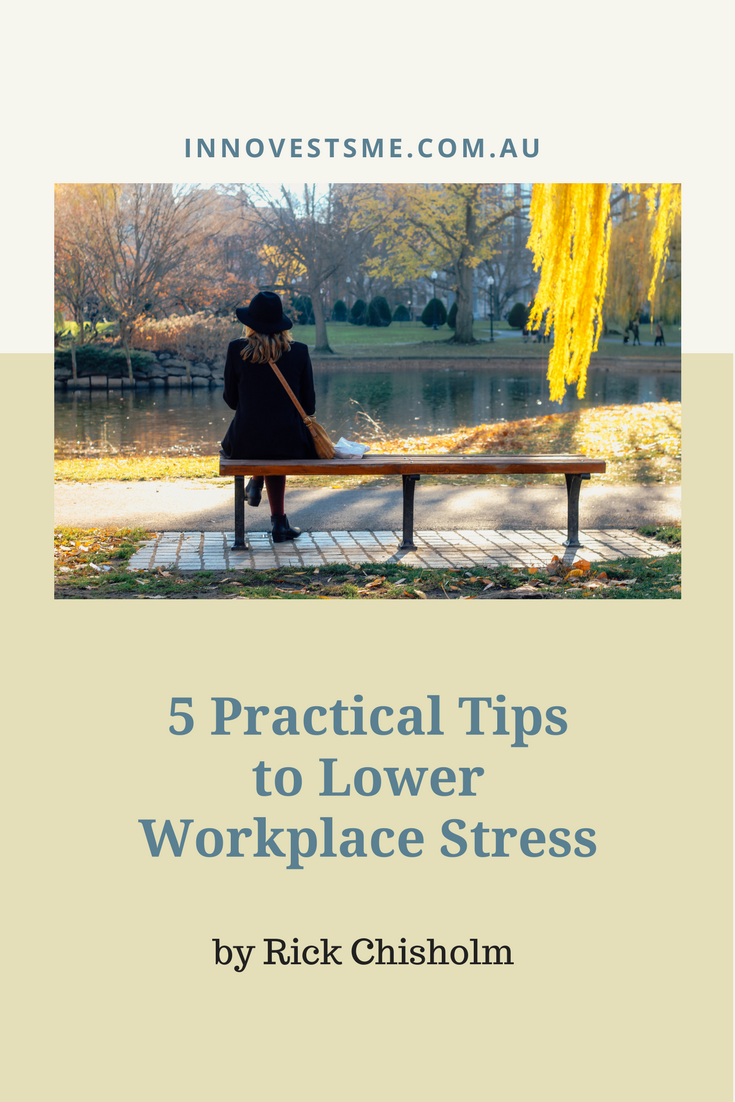Why Startups Stumble – Avoiding the Fatal Five – #3 Lack of Capital

Photo by Annie Spratt on Unsplash
#3 Lack of Capital
Let’s be clear, starting up a new business successfully is the hardest thing you will ever do in your professional life. You’ve probably heard all the statistics, 96% of startups ultimately fail. Only the 4% elite become viable long terms businesses.
This is why I’ve always said that learning from others’ experience is the best possible return on a relatively small investment you can make in your startup – an investment that generally consists mostly of ‘time’ and ‘study’ (ideally combined with as much ‘insight’ as possible).
The point being that the more homework you are willing to do and the more feedback you are able to seek directly from those who have experience successfully starting up a business somewhere around your market niche, this small amount of time invested today will invariably reap benefits tomorrow – provided you’re strategic about it.

Many startups begin with unrealistic expectations of how large their ability to grow rapidly is going to be unless they are able to secure some sort of capital finance.
And so many new startups fail completely to grow because they are therefore unable to scale effectively over their early stages. They wind up needing to double their revenue before they can hire, and the business is otherwise then just the owner earning a certain maximum per hour rate that isn’t truly scalable.
Understanding Investors
But we also know investors will often shy away from investing in a startup unless it can demonstrate a high potential and/or likely return on investment.
And this is another area where even a little prior experience is golden, although or startup owners, the concept is actually a little oymorinic if you think about it. If you had ‘experience’, by definition you wouldn’t be a ‘startup’.
The point is that investors are a difficult and strange bunch of people. There’s an entire lifetime’s training to be done on how to deal best specifically with investors as a sector. Meaning again, you can benefit enormously just from reaching out to ANYONE with past experience in this area relative to your sector.
Seriously, if you think about it, you can get insane ROI in this area from an investment as small as a well placed cup of coffee or a beer. I encourage startup owners to be thinking TODAY about who they would ideally be sitting down opposite and making a note to try and arrange all of those catch ups over the coming month.

Believe it or not, a cash flow statement is one of the most closely examined documents when an investor is running their eye over your business, and a lot of startup owners fail to grasp this issue. Most startup owners aren’t even routinely doing any sort of cashflow budgeting.
So this is problematic, not just because you are sending completely the wrong signals to potential investors, but also because if there’s one stage in a business’ life when having a handle on cashflow is MOST important, that time for startup owners is now.
Almost all startups begin with negative or sustained low cashflow, and having a plan to manage your way out of this situation actually IS your entire ability to start up.




